The Great Resignation: What Cognitive Science Can Help You Do About It
Learningtogo
NOVEMBER 21, 2022
The Great Resignation: What Cognitive Science Can Help You Do About It. But the brain is a funny thing. Cognitive Load and the Toxicity of Busyness. John Sweller and colleagues established the theory of cognitive load in 1998. Book Your BrainyBot™ Discovery Session with Margie. by Margie Meacham. BrainyBot™.



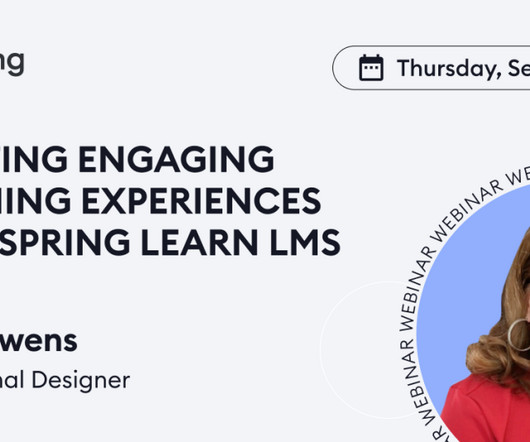




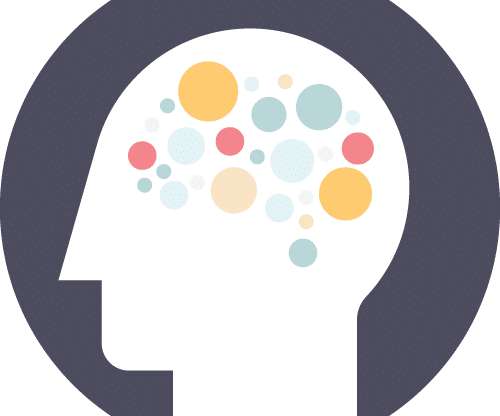

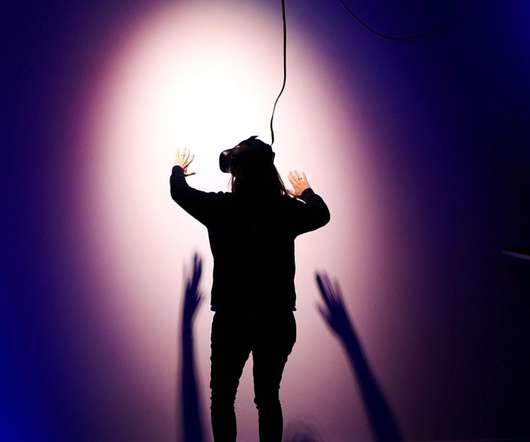



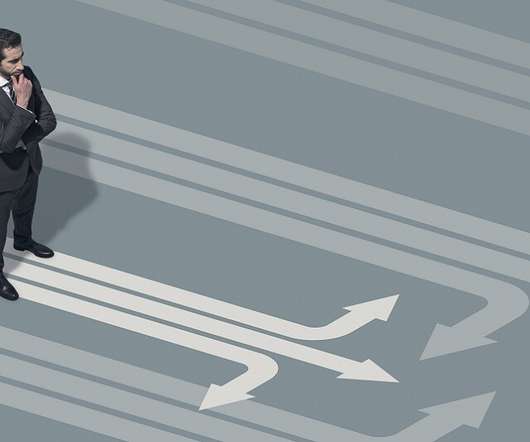
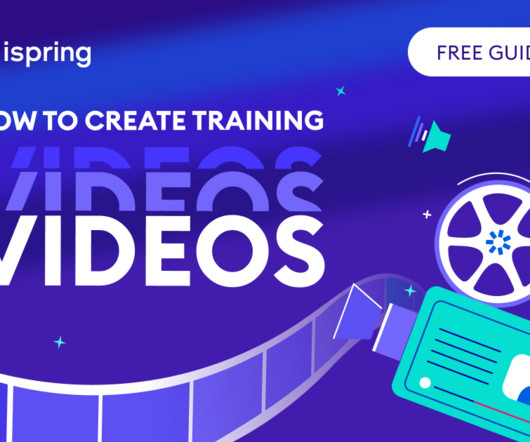

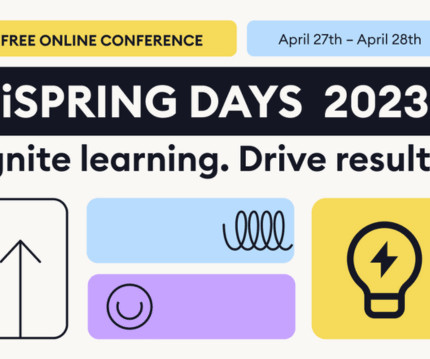




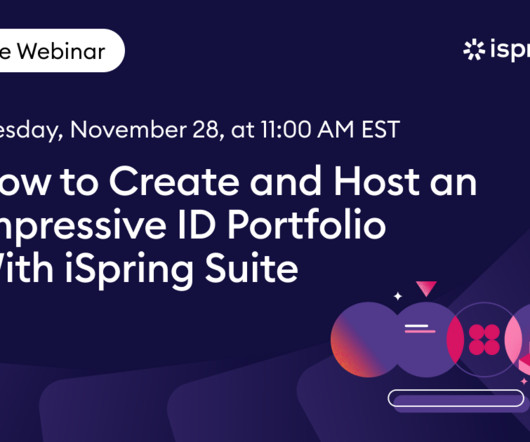











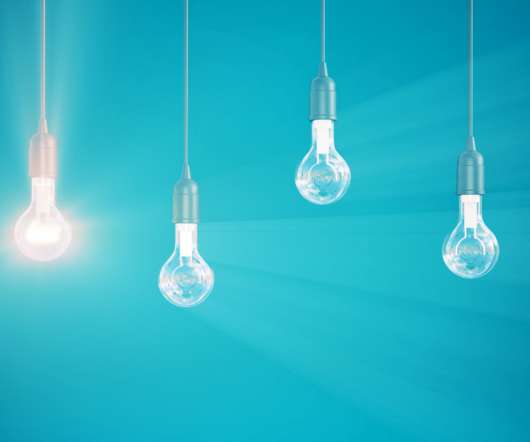













Let's personalize your content